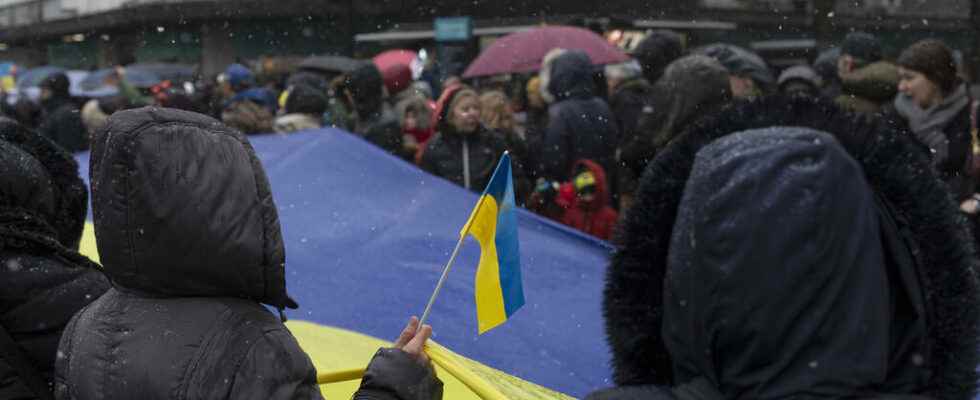Their number is impossible to determine, but thousands of Russians flock to Belgrade since the start of the invasion of Ukraine. For them, it is often a departure without return. Serbia is indeed the only country in Europe to still maintain flights with Russia, and Russian nationals do not need a visa. Air Serbia, however, announced a reduction in its flights to Moscow following pressure from the European Union and a series of false bomb threats.
In the Balkan, the Orthodox Churches find themselves in a delicate position. All condemn the war in Ukraine, but some hesitate to explicitly denounce Russian aggression, like the Serbian Church, torn between Moscow and kyiv.
As in all NATO countries on the front line, in Romania fear sets in. Many Romanians are preparing for the worst-case scenario. The images of the Russian invasion have also awakened sad memories in Bosnia and Herzegovina. As far as France, where many Bosnians have fled the fighting of 1992-95. Amra Alilović arrived in the Lyon region at this time. Today, she demonstrates again for peace, with her daughter. Testimony.
In Croatia, the fall of a Soviet-made drone in the capital Zagreb has caused much ink to flow in recent days. But apart from the fact that the airspace of several NATO countries has been violated, the mystery remains almost complete. The Kremlin oligarchs have also invested heavily in the country in recent years: corruption for energy control, financing of the far right or real estate investments. Investigation.
Prices are soaring, anger is brewing
The war in Ukraine is already having concrete economic repercussions in the Balkans. In Albania, the price of petrol has risen by 30%, exceeding 2 euros per litre. Daily demonstrations take place to demand emergency measures while the average salary barely reaches 350 euros per month. The government, already weakened by corruption scandals, announced emergency measures, but anger does not fall.
For its part, the Neighboring North Macedonia tries to cope she too: the government very quickly proposed an aid plan to support the most precarious. Meanwhile in Kosovo, the sovereignist leftist government fights against “artificial” inflation. Large retailers are trying to take advantage of the panic caused by the war and the prices of basic necessities have risen sharply without justification.
Ukraine, a very political issue
The war in Ukraine is making headlines around the world. But in Serbia, in the middle of the campaign for the partial legislative, presidential and municipal elections of April 3, Ukraine is an embarrassing word. Candidates and parties avoid this highly controversial subject, while Belgrade weaves between Moscow and the European Union. Slovenia is also preparing for elections scheduled for 24 April. And ultra-conservative Prime Minister Janez Janša poses as a warlord to crush his rivals. By insisting on the myth of his resistance in 1991 against the Yugoslav army.
In Bulgaria, General Atanas Atanasov, who chairs the Committee on Internal Security in Parliament, has serious doubts about the information provided by the Bulgarian intelligence services to the government, particularly on Ukraine. Until wondering if they don’t ride for Russia. Still in Bulgaria, the news came as a surprise: former Prime Minister Boyko Borissov was arrested as part of an anti-corruption operation led by the European Public Prosecutor’s Office.
In Serbia, sport goes beyond the pitch
In Serbia, they represent a large electoral reserve. Hooligans can – if necessary – ensure the low works of the regime… The rivalry between the supporters of the two flagship clubs of the Serbian capitalRed Star and Partizan, go beyond the pitch and find themselves at the heart of a power game that goes well beyond the sporting framework.
